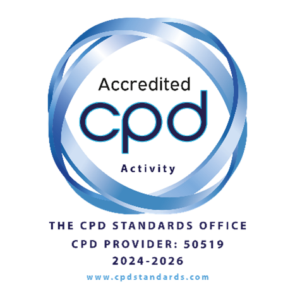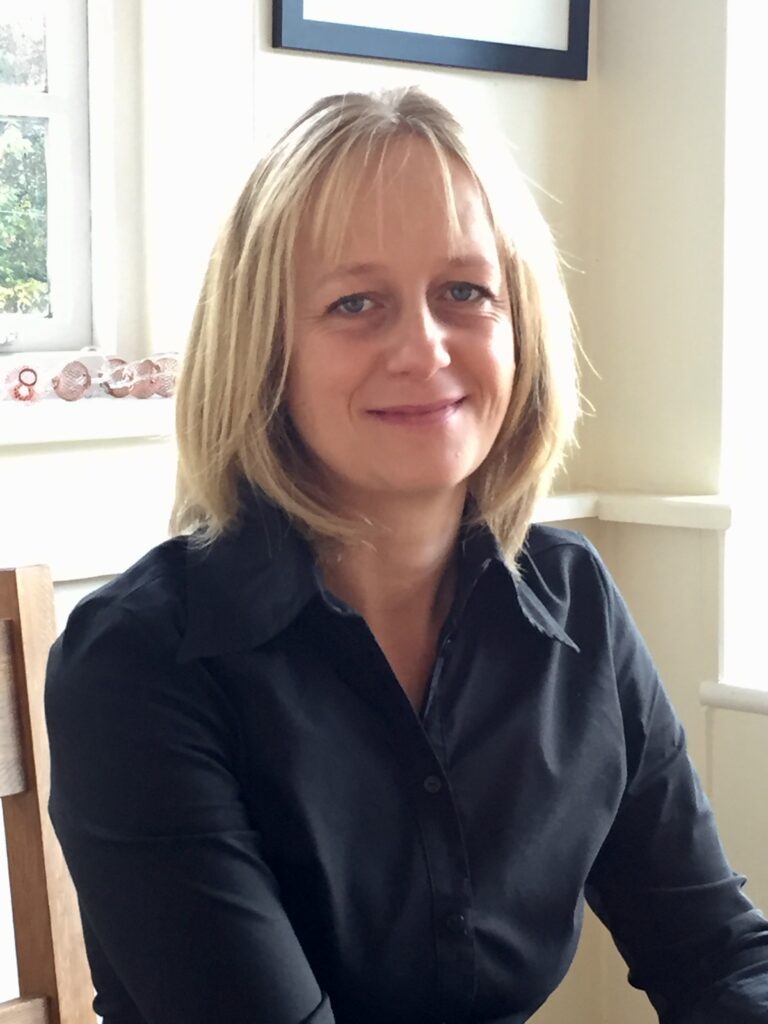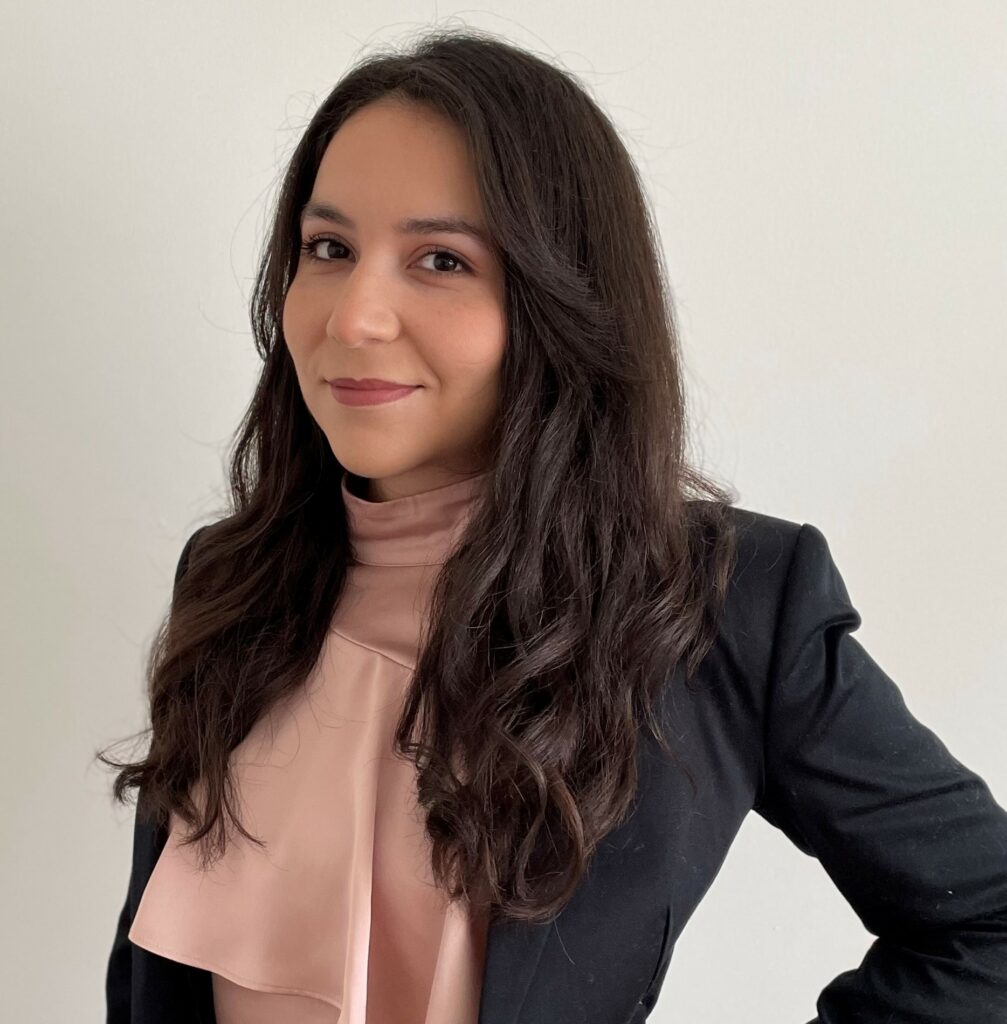
Children’s Rights and Connectivity
Overview
Connectivity and the digital environment are increasingly central to children’s lives. They afford numerous opportunities for the realisation of a number of children’s fundamental rights – such as access to information and education – but they can also create risks and play a role in rights violations.
This course looks at the various ways in which children are impacted by the digital environment. It considers the growing body of research on children’s digital experience, as well as the role of policymakers and other key stakeholders in promoting opportunities whilst combatting potential risks.
Course Objectives
- Understand how child rights apply in the digital context
- Learn about the risks and opportunities faced by children online
- Reflect on emerging global standards and good practice in the policymaking space
- Become familiar with the range of approaches that can help support the realisation of children’s rights to, through and in the digital environment.
Course Enrolment Criteria
This course is open to:
- Regulators
- Policymakers
- Representatives from academia and international organisations working on regulatory or policy issues
We cannot accept applications from individuals working in the private sector or those not involved in policy or regulation.
Course Completion Certificates
All our courses are certified by the United Kingdom Telecoms Academy (UKTA) and accredited for Continuing Professional Development (CPD).

This course equates to 10 hours of CPD training.
To qualify for a course completion certificate, you must view all the course sessions and answer correctly all the quiz questions you will find as you progress through the sessions. You will also need to fill out the course survey.
You do not have to complete a final project to earn a course completion certificate but we strongly encourage you to create one. Putting together a final project will give you an opportunity to reflect on the principles covered during the course and help you discover how they could be applied to your own country. If you submit a final project the course trainer will provide you with valuable feedback that you may find useful in your day-to-day work.
Course Structure and Study Time
The course consists of six sessions and you will gain access to all of them on the course start date. You will have the opportunity to ask questions about the content of the course during a live chat session as well as on the course forum.
It should not take you more than two to three hours of study time per week to complete the course in three weeks. You will have, however, six weeks to complete it. If after six weeks you have not completed the course, you will have to start it again next time it is offered.
If you decide to submit a final project, it will probably take you four to six hours to put it together. You will have six weeks to submit your final project.
If you have any special needs regarding this training course, please us let us know via our contact form so we can get in touch to discuss how your needs can be met.
Enrol now
